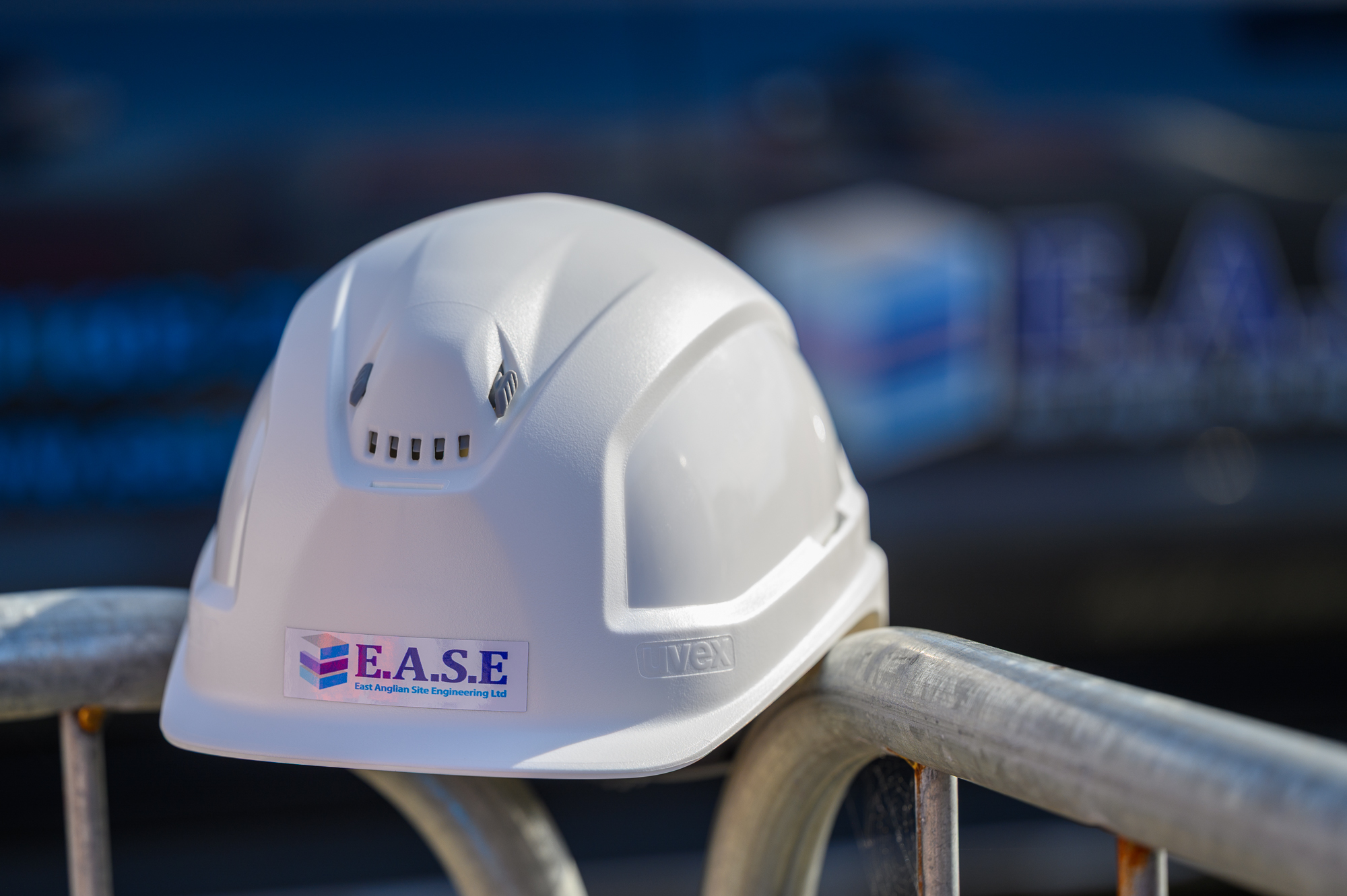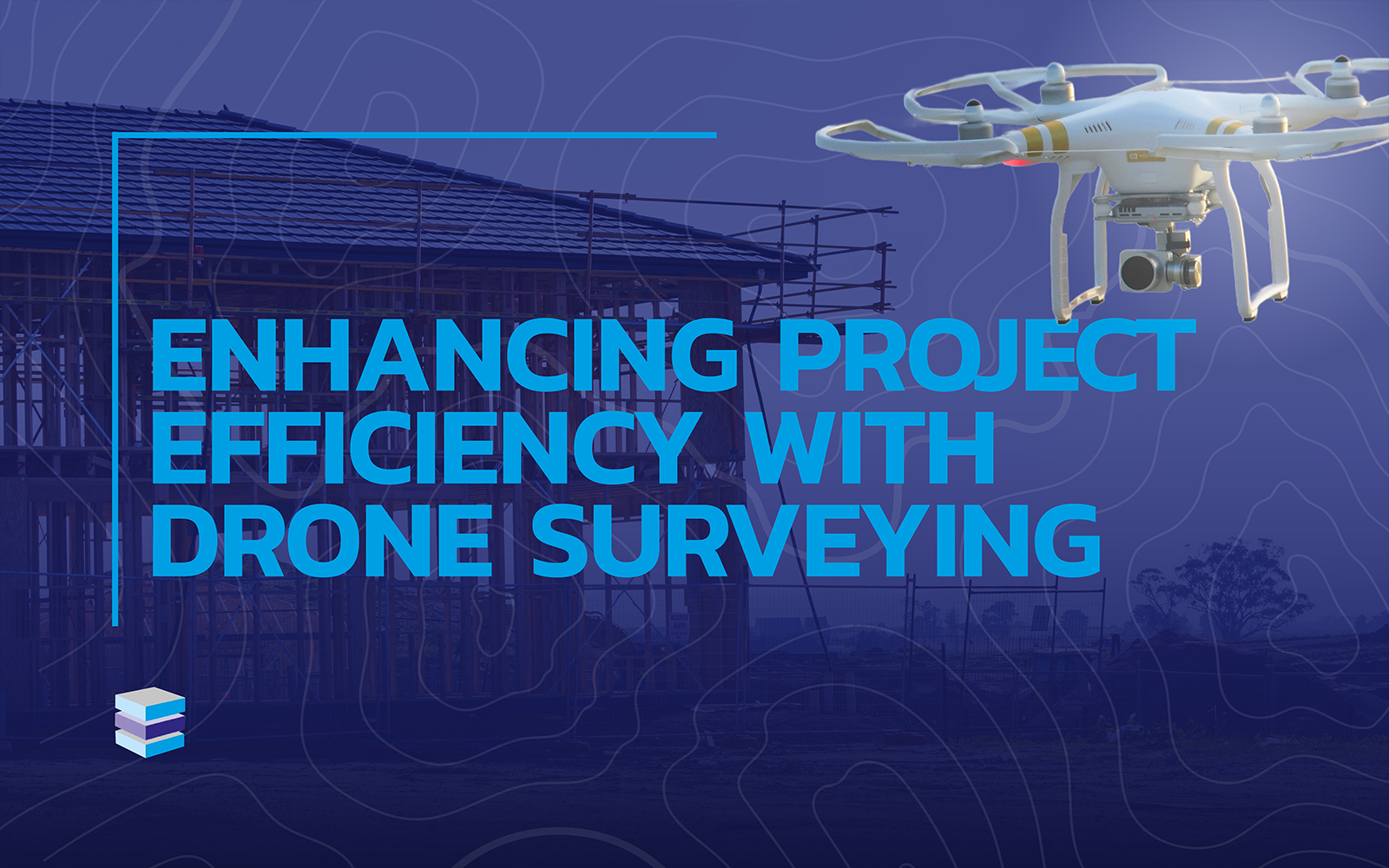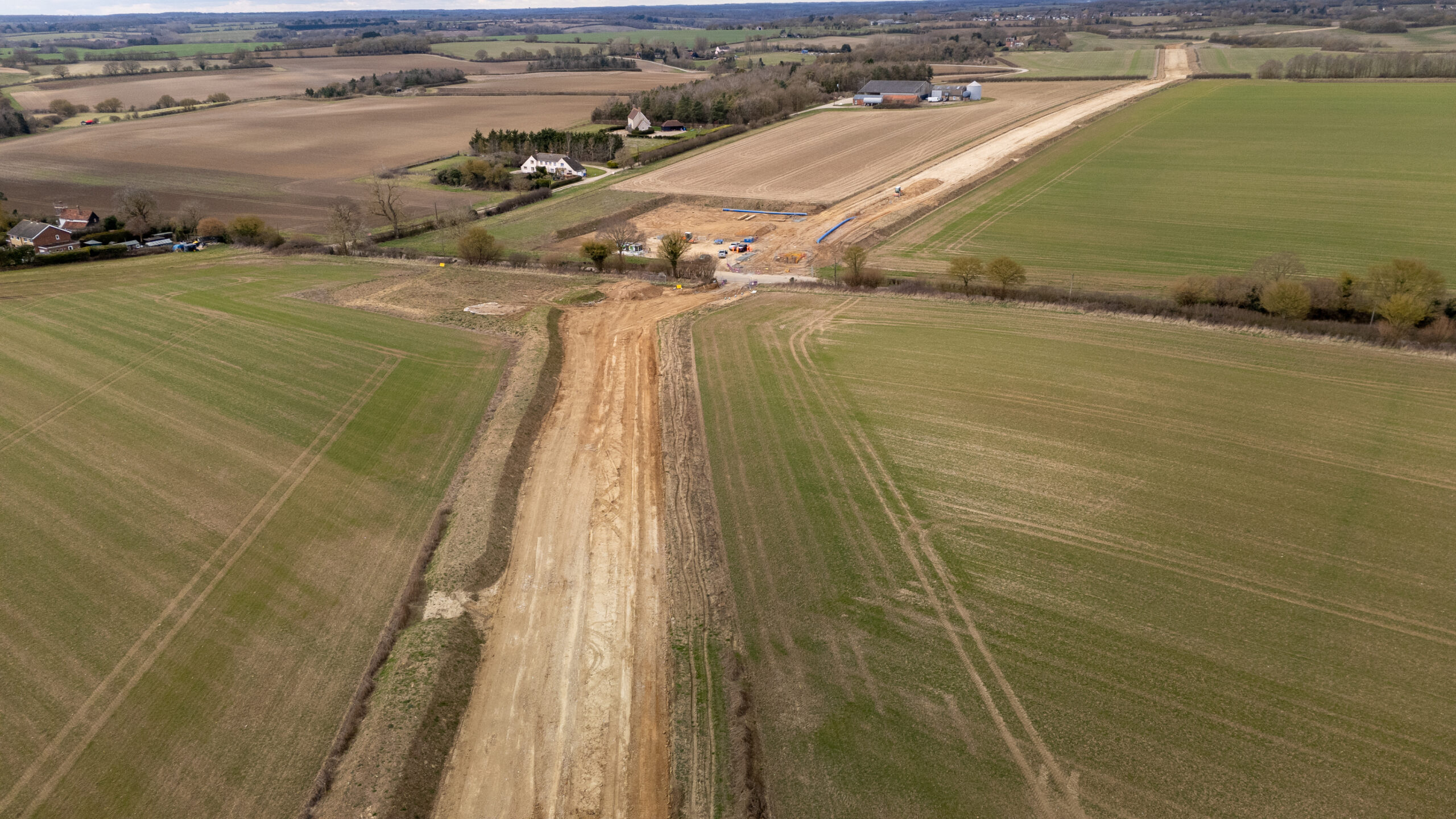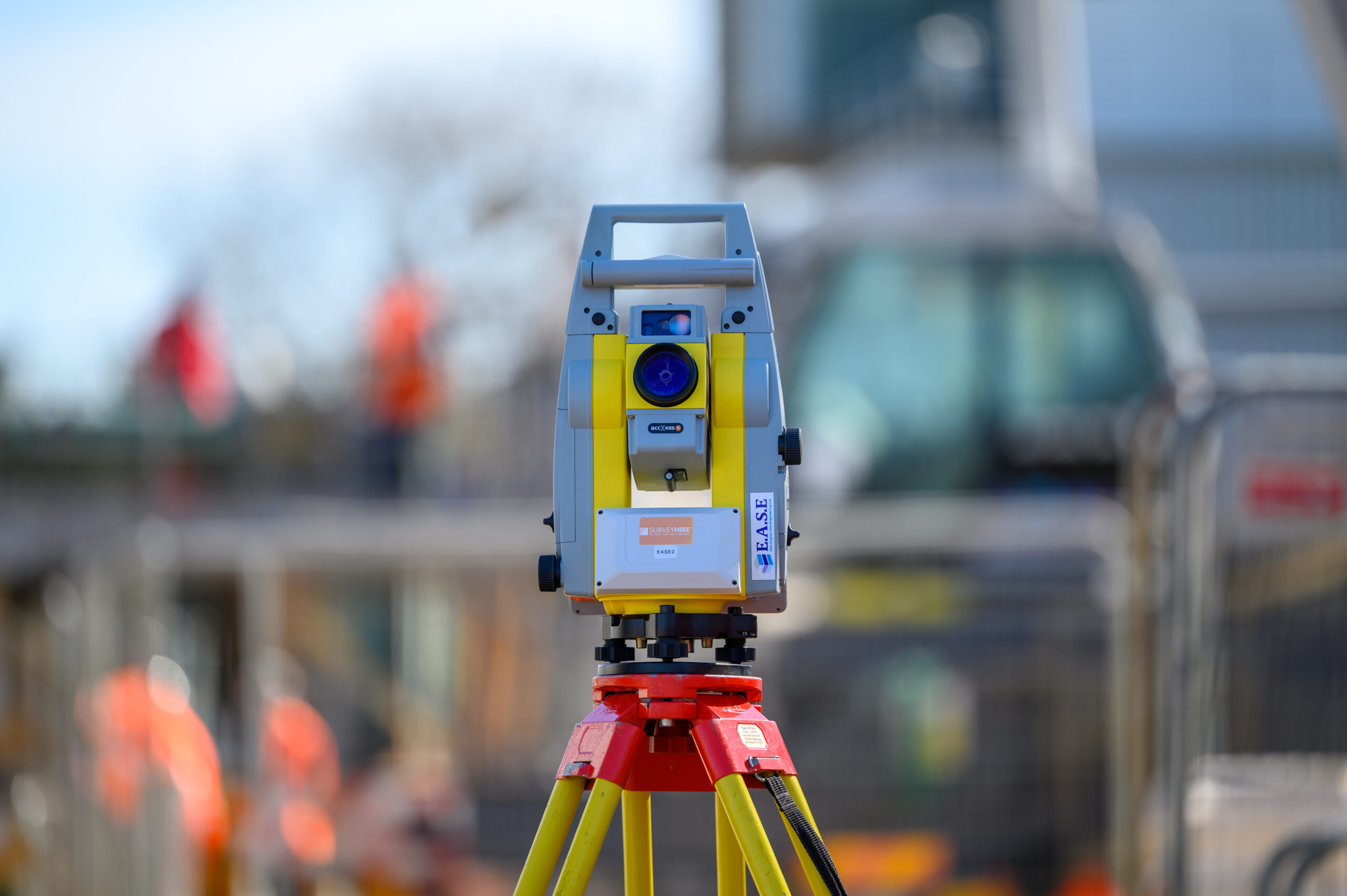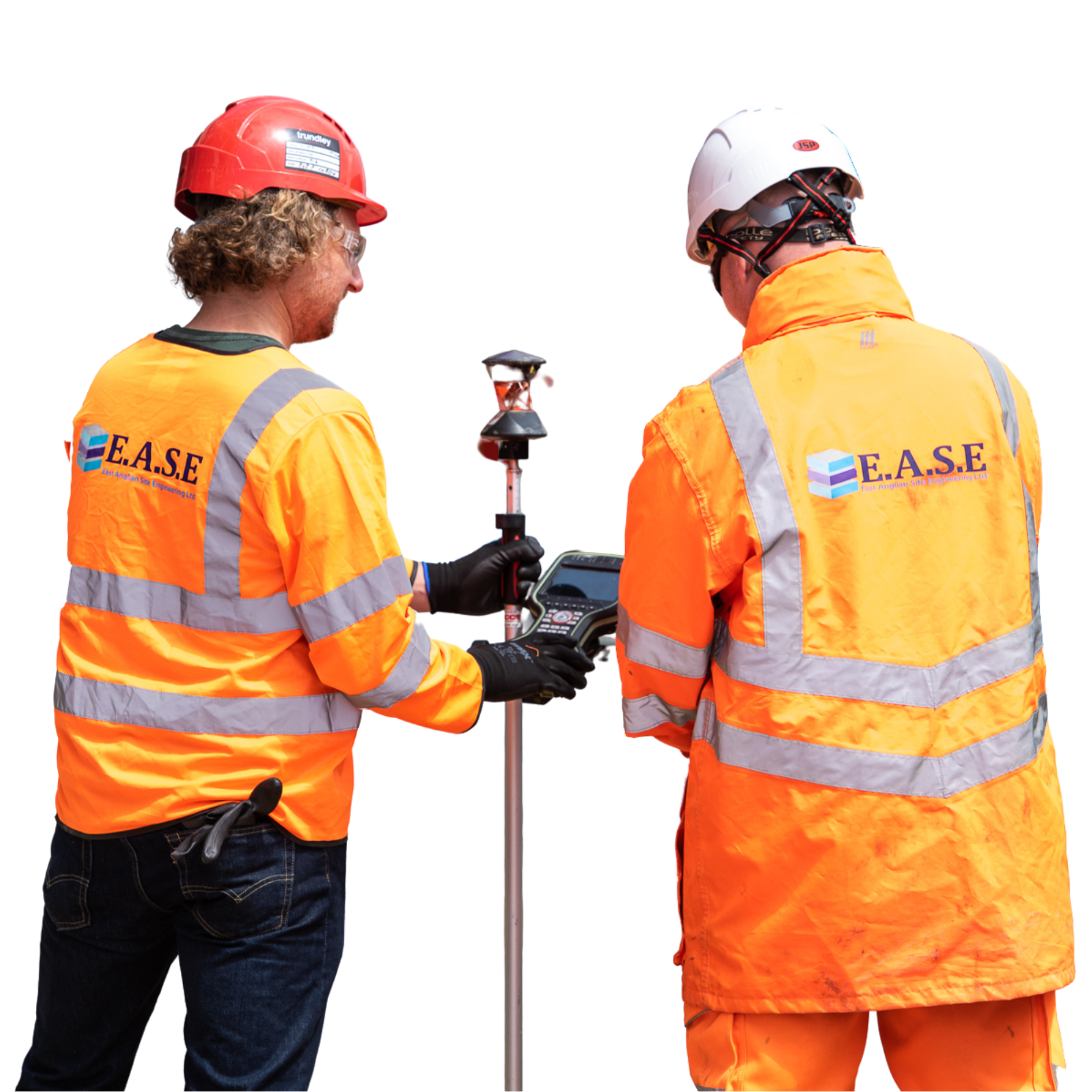Last year, we shared our involvement in Rockthorn’s Mental Health: Spot the Signs campaign. It opened important conversations about how stress and mental health affect people across construction and engineering. That message remains as relevant today as it was then.
As Stress Awareness Week (3 to 7 November) returns, the focus is on keeping those conversations going and turning awareness into everyday action.
The reality in 2025
New research from the Chartered Institute of Building (CIOB) and the Construction Industry Council (CIC) shows progress, but also highlights how much work there is still to do.
The CIOB’s 2025 Understanding Mental Health in the Built Environment report found that:
- 94% of workers experienced stress in the past year
- 83% experienced anxiety
- 60% experienced depression
- 28% had suicidal thoughts
The CIC’s findings add context:
- 54% of workers now have access to a mental health first aider
- 77% have taken part in awareness events
- 17% said they would not feel confident approaching a colleague who might be struggling
These figures show that support is improving, but confidence and understanding still need to catch up.
Why stress remains a challenge
The pressures in construction are familiar. Long hours, high workloads and tight deadlines are part of daily life. Subcontracting, travel and job uncertainty often add to the strain.
The industry has made progress in physical safety, but mental wellbeing still needs the same focus. Many people still feel pressure to keep quiet rather than ask for help.
What we have seen at EASE
At EASE, our engineers work alongside main contractors, subcontractors and site teams across complex programmes. This gives us a clear view of the pressures people face in different roles and environments.
We see how communication, planning and culture can all influence how teams manage stress on site. Building awareness and creating space for open conversations can help reduce pressure and prevent issues from growing.
In 2024, our Managing Director, Rob Pinchbeck, shared his own experience during the Spot the Signs campaign. He spoke about recognising early signs of stress and how support helped him manage pressure at work and at home. His openness showed that stress can affect anyone and that talking helps.
A year on, we continue to see how simple actions like honest check-ins and visible support can make a difference across projects.
Practical steps to manage stress
Stress Awareness Week is a good time to check how we support teams on site. CIOB recommends small, consistent actions that help reduce stress and build confidence.
At EASE, we encourage everyone to:
- Review and update stress risk assessments
- Make time for one-to-one check-ins
- Talk about wellbeing during site briefings
- Look out for early signs like fatigue or low morale
These steps help create safer, more supportive environments where people can do their best work.
Looking ahead
Awareness weeks start important conversations, but lasting change comes from what happens between them. Stress will always be part of a fast-paced industry, but how we handle it defines the culture we build.
At EASE, we will keep encouraging open talk, early support and shared responsibility for wellbeing. A safe site is one where people feel supported, not just protected.


